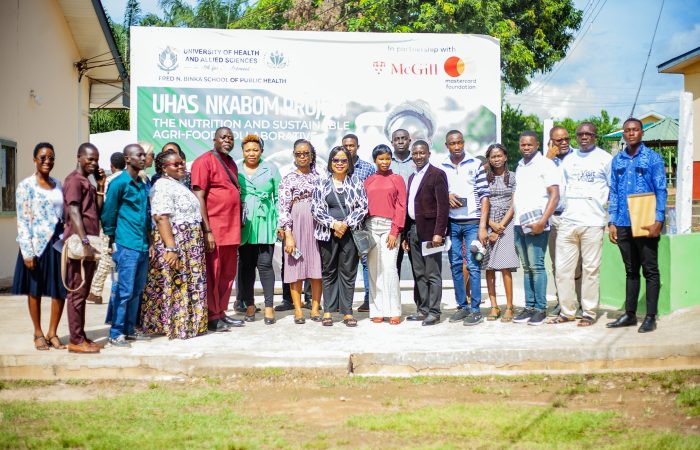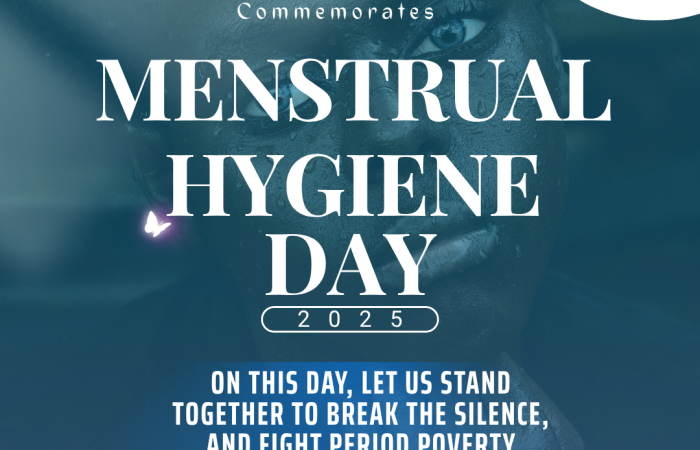Alice Mukashyaka was involved with research in a refugee community in her native Rwanda, now she is co-founder of edtech social enterprise Starlight, which is using solar lamp kits and other projects to help teach young people –especially girls– how to pursue a career in STEM.
“Currently, at Starlight, we are designing a ‘build your own’ solar lantern kit to introduce young students to basic electronics in a fun, creative manner, and to provide households with a clean energy light source,” Mukashyaka said.
Mukashyaka was born and raised in a modest rural household in Rwanda without access to electricity and other basic needs, but she grew up as a very curious child.
“I would listen to a person speaking on the radio and break it to see if I can meet the person who is speaking from the radio,” she said,” I would always be in trouble with my mother because I broke something.”
Mukashyaka says she studied electrical engineering and met co-founder Ariane Umuringa and they started Starlight together.
Meeting girls in a refugee camp also helped fuel her passion for STEM education.
“I was involved in the research work with the refugee community in Rwanda, I heard many voices of young girls who are mistreated, by both parents and their communities because they are girls,” she said, “I saw the girls who lost the hope of pursuing STEM careers and I believe that this is my turn to raise my voice.”
Mukashyaka says Starlight inspires girls to pursue STEM careers and offer hands-on STEM learning to spark their creativity and imagination.
“The special thing about our work is that we care about sustainable lifestyles,” she said, “The educational products that we use are powered by renewable energy and are eco-friendly and we incorporate STEM and life skills which are important for the young girls’ journey.”
Mukashyaka says Starlight is creating a holistic STEM learning program for the students through STEM careers, role models, life skills and practical hands-on projects.
“Recently one of the girls we engaged in our last projects asked me, ‘Alice -you are an engineer, I wasn’t sure if girls could pursue these careers?’ And I said, ‘Yes, you can!'”
Mukashyaka says that girl decided to pursue engineering and asked for tips on how to get there.
“It made me so happy that I could be an example for her,” Mukashyaka said, “This is one simple example but STEM is the future and girls need to be engaged especially those from vulnerable communities.”
Mukashyaka said government policies in Rwanda aim to change an agrarian society into a sophisticated knowledge-based economy, putting into action five-year “National ICT Plans” to attract foreign investment.
She says the Rwanda doesn’t have enough students pursuing STEM education and careers, particulary amongst the 83% of the population who live in the rural areas.
“With 49% of the population under the age of 14, science in the classroom often relies too much on textbooks, rote memorization and does not include interactive, fun, engaging projects that encourage the future work-force to view science and engineering as careers or opportunities for exploration, innovation and positive changemaking in their communities,” she said.
Mukashyaka is part of 300 young changemakers in the latest cohort of the Women Deliver Young Leaders Program. Since 2010, 1,000 young advocates from 148 countries have been identified and supported by Women Deliver, an NGO championing gender equality and the health and rights of girls and women.
Another in that cohort is 22-year-old Ester Borges Santos. She and her colleagues at Brazillian NGO Minas Programam created a welcoming, inclusive virtual study group on gender, race, and technology.
Credit: Forbes


